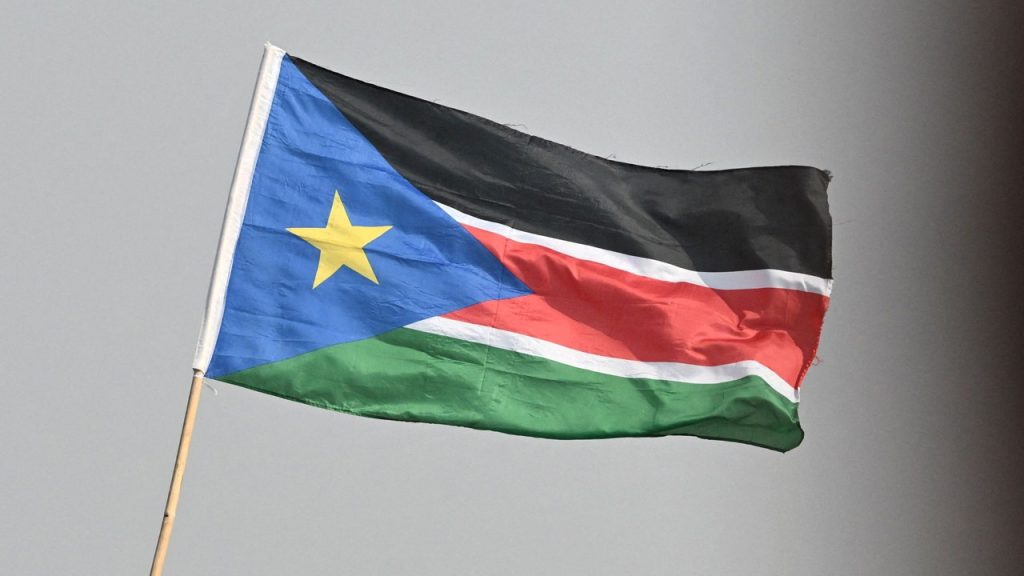The United Nations has urged South Sudan to remove newly imposed taxes and charges that have led to the suspension of U.N. food airdrops for thousands of people who depend on outside aid. The pausing of airdrops in March has deprived 60,000 people living in areas that are inaccessible by road of food, a number expected to rise to 135,000 by the end of May. The new charges would have increased operational costs to $339,000 monthly, enough to feed over 16,300 people, and are related to electronic cargo tracking, security escort fees, and new taxes on fuel. The U.N. has emphasized that its limited funds are meant for saving lives, not bureaucratic impediments.
South Sudan’s President has issued a warning against clinging to power following a call to postpone elections. The new charges and taxes imposed by the government have also impacted the nearly 20,000-strong U.N. peacekeeping mission in the country, prompting a review of all activities, including patrols, construction projects, and educational support. Despite assurances from the South Sudan government that the charges and taxes would be removed, they have not been formally committed to in writing since February. The ongoing conflict in the country has led to an estimated 9 million people out of 12.5 million needing protection and humanitarian assistance, with an increase in the number of people fleeing neighboring Sudan further complicating aid efforts.
The U.N. Humanitarian Affairs Agency has expressed concern over the impact of the new charges and taxes on the delivery of food aid to vulnerable populations in South Sudan. The suspension of airdrops has left tens of thousands without access to essential food supplies, with the potential for this number to increase in the coming months. The U.N. has reaffirmed its commitment to saving lives and providing assistance to those in need, emphasizing the importance of removing bureaucratic obstacles to humanitarian efforts.
The humanitarian coordinator for South Sudan, Anita Kiki Gbeho, has highlighted the urgency of addressing the new charges and taxes to ensure that critical aid deliveries can resume without interruption. The U.N. has raised the alarm about the growing humanitarian crisis in the country, with millions of people in need of assistance due to ongoing conflict and displacement. The organization’s efforts to provide aid, protection, and support to vulnerable populations have been hindered by the imposition of additional financial burdens, further exacerbating the challenges faced by those affected by the crisis.
The U.N. has called on the South Sudan government to honor its commitment to removing the new charges and taxes that have impeded the delivery of crucial food aid to thousands of people in need. Despite assurances from the government that the charges would be lifted, no formal action has been taken since February, resulting in ongoing disruptions to humanitarian operations. The situation in South Sudan remains dire, with millions of people requiring assistance and protection in the face of conflict and displacement, underscoring the urgency of addressing the obstacles to effective aid delivery.
In light of the challenges posed by the new charges and taxes, the U.N. has emphasized the need for immediate action to resolve the issue and ensure the uninterrupted delivery of food aid to vulnerable populations in South Sudan. The organization has underscored the importance of prioritizing the well-being and survival of those in need, calling for swift and decisive measures to address the bureaucratic barriers that are hindering humanitarian efforts. As the humanitarian crisis in the country continues to escalate, the U.N. has urged the South Sudan government to demonstrate its commitment to supporting the most vulnerable and marginalized communities by eliminating the financial obstacles that are preventing aid from reaching those who need it most.


